New Theories on Human Development

Conceptions of human development have changed as our collective understanding of nature has changed. In each era, new thinkers build on the shoulders of giants and probe deeper into the fundamental principles of life.
In pagan societies, the entire natural world bathed in the spirit of the Gods. Humans received their moral teachings from epic narratives of courage, dignity, and perseverance, and the soul was the most important topic of discussion. Since the Enlightenment, humankind has turned to scientific principles of rationality and experimentation to explain the workings of the material world - the spiritual components of life put to the backburner.
Somewhere between the spiritual and the material we get theories of human development. Chiefly a modern phenomenon, developmental theories were birthed in the work of early psychologists like Freud, Jung, Piaget, Erikson, and Maslow. Some of these theories are grand in their scope – like Maslow’s Pyramid of Needs - while others focus on specific domains such as cognitive development. Everything from behaviorism to ecological system theory has been proposed in the past hundred years, but not all of it remains tangible to audiences in 2018.
As in past years, healers and coaches active today are developing theories to reflect the changing biological, social, and spiritual interest of their students. New approaches to human development are crucial to the Happytalism movement because they provide a roadmap for finding happiness in a social climate that erroneously promotes material status over inter-personal emotional health.
Ecological Systems Theory
Exciting new theories on human development include Ecological System Theory, as devised by Urie Bronfenbrenner. The world is broken down into different ecosystems, each with a distinct influence on the development of the child and adult. These systems are:
• Microsystem. Your immediate surroundings, including family, peer group, and neighborhood.
• Mesosystem. It is the web that connects all the elements of the microsystem.
• Exosystem. Beyond the personal, the exosystem consists of the social settings in public life that we frequent once and a while.
• Macrosystem. One step farther into the psychic realm, the macrosystem includes all the cultural influences we take in, as well as government policy and socio-economic conditions we live in. If these forces are not to our liking, we tend to focus more on creating stronger microsystems.
• Chronosystem. The patterning of life is mapped out in the chronosystem. Significant events are often marked in the chronosystem – like divorce for example.
Ecological Systems theory helps us realize that everything we experience in waking life exists within spheres of influence. If we feel like our microsystem is weakening and the macrosystem is having too much impact on our lives, it is within our power to shift the scales and build up a stronger community full of positive, meaningful relationships.
Aside from system theory, there have also been some insightful stage theories put forward. Perhaps none has been more influential than Jane Loevinger’s theory of Meaning-Making. Part of her more substantial work on Ego Development, Loevinger asserted that as we age, we all become more adept at making personal decisions. Within each stage of development, Loevinger believes there are naturally occurring ‘frameworks of meaning-making’ that we can use to constructive ends – whether it’s to master a skill or cultivating empowering relationships with people.
Conclusion
Both Ecological Systems Theory and Loevinger’s stages of Ego Development are excellent resources for the Happytalism movement. The more we delve into the meanings behind our actions, the better we will be at understanding the important things in life. Theories of human development help us better understand our needs, which always revolve around finding happiness. Based on theories of human development, the Happytalism movement strives to create a safe microsystem for learning, exploration, and meaning-making for all.





